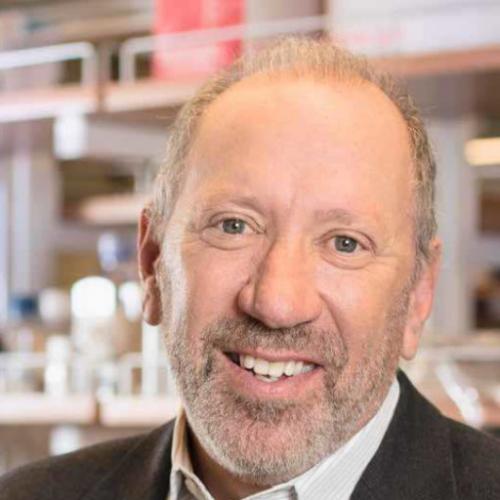
Rich Gallo

Thomas Dawson
Thomas Dawson earned his PhD degree in pharmacology from the University of North Carolina in 1994 and was a Clinical Medical Genetics Fellow in Pediatrics at the Duke University Medical Center from 1994-1996. From 1998-2015 he worked in Procter & Gamble’s Beauty Technology Division, before joining the Institute of Medical Biology (IMB), A*STAR, to develop and lead translational programs in hair and scalp biology. Dawson moved to the Skin Research Institute of Singapore (SRIS), A*STAR, in 2018.

Paolo Perguia

Alisha Ellis
Alisha is an Anthem Innovation Director. She leads the Accelerator program which validates new solutions that advance Anthem’s Digital-First strategy. Alisha has 20 years of leadership experience in healthcare. Prior to joining Anthem, Alisha drove multiple state government change management initiatives at Deloitte. She incorporates her experience in human capital, behavioral health, healthcare policy and social enterprises in delivering health impact at scale.





